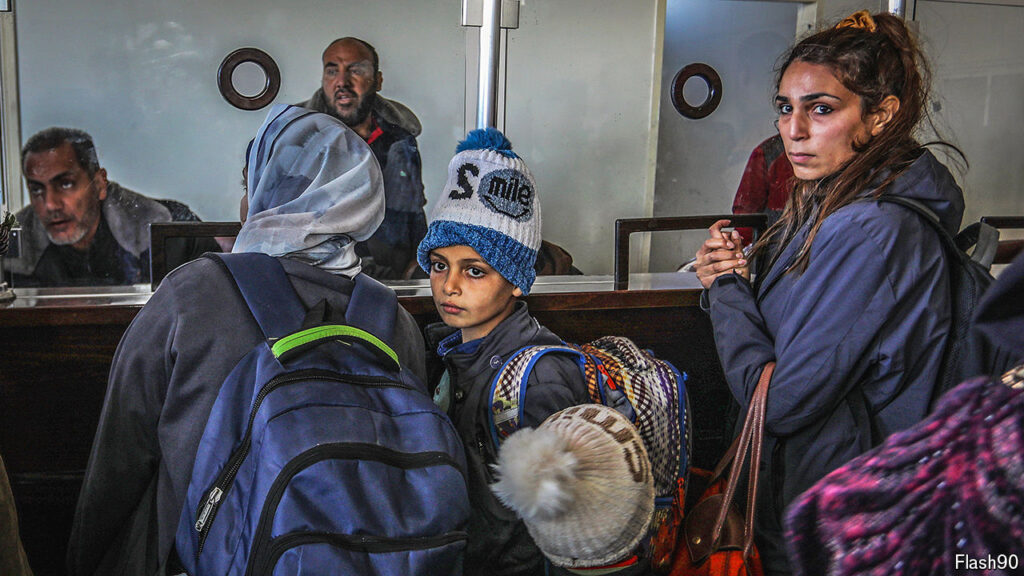On a crisp evening in March, Ahmed found himself perched on a rooftop in Rafah, a bustling city in southern Gaza. Amidst the chaos and decay of the city, this rooftop was the sole location where Ahmed could catch a faint phone signal. Just fourteen days prior, Ahmed had entrusted $5,000 to Hala Consulting and Tourism Services, a travel agency based in Cairo, in hopes of securing a coveted spot on the roster permitting entry into Egypt. These exclusive lists were regularly disseminated on social media platforms such as Telegram and Facebook, offering a glimmer of hope to those stranded in Gaza. With bated breath, Ahmed awaited his turn, and finally, at the stroke of 10pm, his name materialized on the list. The following morning, he embarked on a tumultuous journey to the border, encountering a perplexing myriad of challenges posed by Egyptian authorities who he accused of dehumanizing treatment towards Palestinians. Despite the arduous passage, Ahmed successfully navigated his way into Egypt and eventually reached the bustling metropolis of Cairo.
Prior to October 7th, Palestinians residing in Gaza had limited options for departure: either through the monitored Erez crossing in the northern enclave, under the vigilant gaze of Israel, or through the southern gateway of Rafah, under Egyptian jurisdiction. However, the once accessible Erez passage has since been sealed off to departing residents of Gaza, leaving many with no alternative but to venture through Rafah. Yet, the exorbitant costs associated with traversing Rafah, a bustling hub harboring over 1.4 million displaced Gazans, have proven to be prohibitive for many seeking refuge beyond the confines of their besieged homeland.
